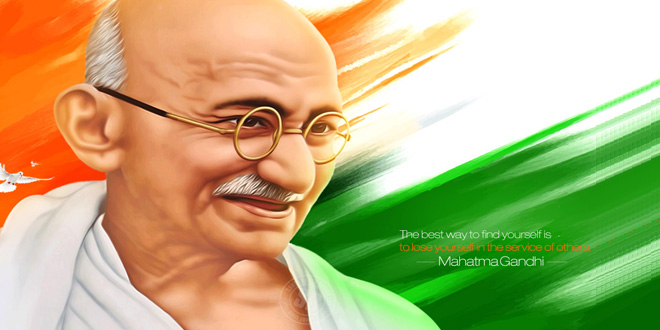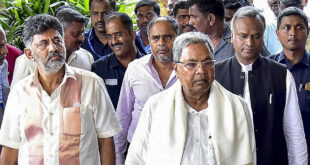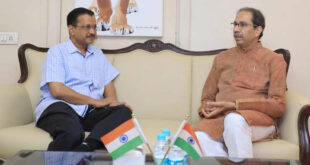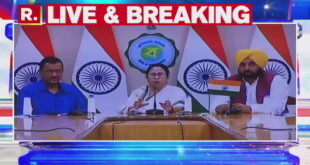A whole space would be short to pay tribute to India’s called upon “father of the nation” Mahatma Gandhi, as India observe 2nd October today as a 148th birth anniversary. All over known as Gandhi Jayanti is a national festival celebrated in India to mark the occasion of the birthday of Mohandas Karamchand Gandhi, who is unofficially called the “Father of the Nation” as it is one of the four national holidays of the country. The United Nations General Assembly announced on 15 June 2007 that it adopted a resolution which declared that 2 October will be celebrated as the International Day of Non-Violence so as it is celebrated every year.
Certain facts that we still do know about.
- Gandhi is revered in India as the” Father of the Nation”. In actual it is not an official declaration or according to the constitution. Much of the Constitution of Free India conferred the title of the Father of the Nation upon the Mahatma; it was Netaji Subhash Chandra Bose who first addressed him as such in his condolence message to the Mahatma on the demise of Kasturba. This gained widespread acceptance due to Gandhi’s role in the freedom struggle. Add to it, Nehru- Prime Minister of independent India addressed Gandhi as ‘Bapu’ (father) it contributed to Gandhi being known as ‘Father of the Nation’ informally. However, as Aparajita mentions after a recent RTI filed, it has been declared officially that the Government cannot recognize Gandhi as ‘Father of the Nation’.
- Gandhiji was nominated for Noble peace price 5times though committee regrets not giving him the noble peace price to this day as the award is never given posthumously
- He was responsible for civil rights movements in 4continents and 12 countries.
- His funeral procession was 8km long.
- Great Britain the country against whom he fought for independence, released a stamp honouring him 21years after his death.
- Gandhiji walked travelled almost 18km a day throughout his lifetime which is enough to walk around the world.
- He served in the army during Boer war- he crusaded violence since the time he realised the horrors of war.
- He corresponded with alot of people Tolstoy, Einstein and Hitler were among the many.
- He was not present when Nehru’ s tryst of destiny speech to celebrate independence was spoken, as was in Kolkatta fasting for religious harmony.
- Most relics of him including the clothes are still preserved in Gandhi Museum Madurai.
- Gandhiji never held an official position in any political body during the final years of his life.
- He was thinking of dissolving Congress a day before he died.
- Steve Jobs was a great fan of him as his rounded glasses are not only similar but also a tribute.
- He had set of false teeth which he carried in folds of his loincloth.
- Gandhiji English had Irish accent as he had his first teacher who was an Irishman.
- There are 53 major roads in India and 48 outside India named after him.
- He was helped to establish 3football clubs in Durban, Pretoria, and Johannesburg which were given names Passive resisters Soccer club. Football in is a non-violentcampaign against racial discrimination.
As we observe this every year we can think what a man he was seeing all contribution but can imagine what he would have been if without all this freedom moments. He was aman who spoke English impeccably but wrote his first book Hindi Swaraj in Gujarati. This one lesson often westernized culture excepting Indians should take it that outsider respect only those who are culturally rooted and not nondescript imitators immersed in cosmopolitanism that has made them adrift from a knowledge of their own culture. Gandhiji was one great example of it’s he could have worn a suit and tie as the usedoes as a barrister but instead for dhoti in India , knew bible perhaps in great detail and understanding but was thoroughly rooted in the scriptures and philosophy of his own faith –Hinduism-and other religions of the country.
The question is whether he can inspire us even today for the issue is as important now as it was then to be Indian through a conscious decision not to be imitative or unthinkingly derivative. If he can then we would be equipped to authentically preserve our self-respect and dignity while simultaneously enhancing our stock as global citizens are perfect put by Pavan Verma a columnist. Though 1947 brought us political freedom, the battle to free ourselves from the colonisation of our mind is still incomplete.
 India One News
India One News





